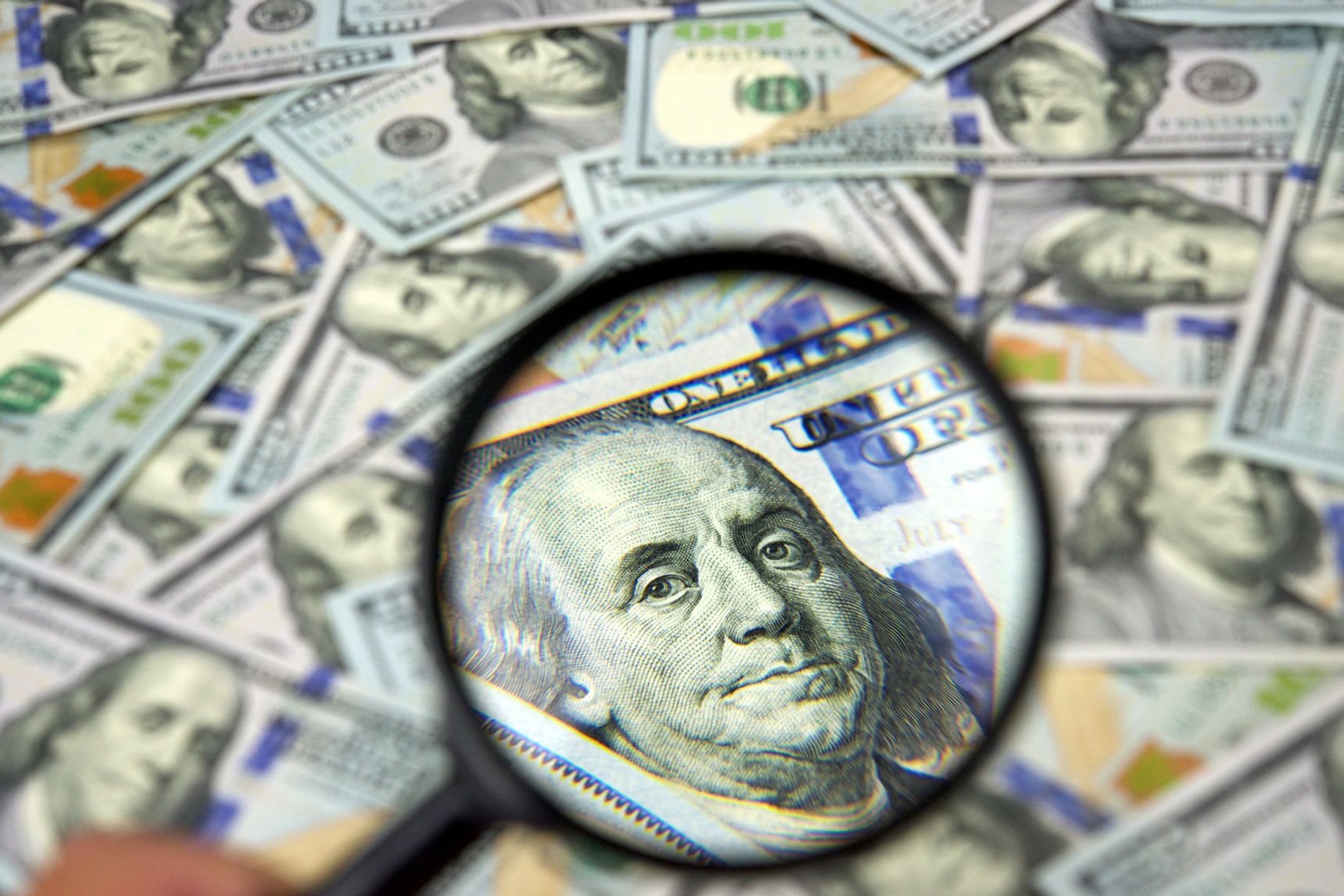By: The Editorial Board – wsj.com – October 21, 2021
The details are murky, but most Americans could still get ensnared in this dragnet unless they pay bills and buy goods in cash. Democrats say banks will only have to report total annual inflows and outflows, not discrete transactions. But nearly all Americans spend more than $10,000 a year.
The real political goal here is to create a mechanism for triggering audits—probably through an algorithm—so the IRS can rifle through all of a taxpayer’s business and other financial records.
***
Treasury cites the case of a taxpayer with income of $10,000 and bank cash flow of $10 million: “Having this summary information will help flag for the IRS when high-income people under-report their income (and under-pay their tax obligations).” But such a case would be exceedingly rare and possibly signal criminal behavior. Banks are already required to report suspicious currency transactions over $10,000 that might signal money laundering, tax evasion or other crimes.
Treasury also says audit rates won’t increase for Americans with less than $400,000 in income. That’s disingenuous. Democrats know the IRS audit trigger would by necessity have to sweep in tens of millions of Americans who report less than $400,000 in income to catch the many tax cheats they claim are under-reporting income.
“The Administration has been clear that audit rates will not rise relative to recent years for those with under $400,000 in actual income” (our emphasis), wrote Treasury deputy assistant secretary Natasha Sarin last month. But there’s no way for the IRS to know a taxpayer’s actual income unless it completes an audit. The whole purpose of this exercise is to pursue people who say they earn less than $400,000 but might be earning more.
Treasury’s main targets are small businesses whose income is less visible than wages, dividends, capital gains and interest, which already must be reported by third parties. There’s little third-party reporting of business income. “The wealthy business owners are on the honor system,” Oregon Sen. Ron Wyden says.
Ms. Sarin says proprietorships, partnerships and S-corporations make up about half of the individual income “tax gap.” But most of the so-called under-reported income isn’t at the very top. The top 1% of taxpayers—those making roughly $540,000 or more in 2018—account for an estimated 28% of unpaid taxes, according to a study cited by Ms. Sarin. Those ranking below 95% of the income distribution (about $218,000) accounted for about half.
While tax fraud no doubt occurs, most of what liberals refer to as “under-reported income” is the aggressive use of legal tax deductions and write-offs. Businesses that challenge an IRS audit assessment often prevail, though many can’t afford tax attorneys and end up writing a check to end the matter.
The Democrats’ proposal might cause Americans who want to avoid triggering an IRS audit to use virtual currencies, digital wallets and decentralized intermediaries for financial transactions, which will make their income streams even less visible. One reason banks are complaining about this new IRS snooping is they don’t want to lose customers.
Senate Democrats say their plan would be “virtually cost-free” for banks. Big banks can handle the compliance burdens, but the burden is greater for community banks that provide most lending to small businesses.
***
Banks will also be in the awkward position of helping the government police their customers. Recall how liberals howled about the National Security Agency antiterror program that required telecom companies to share phone metadata with the feds. Now Democrats want financial institutions to help the tax collector track your cash flow. Vows of privacy at the IRS aren’t worth much after the recent leaks of taxpayer data to ProPublica.
The IRS already has enough data to go after the wealthy and genuine tax cheats. It wants to look at everyone’s bank account so its agents have another excuse to audit and squeeze more money from non-wealthy Americans.
To see this article and subscribe to others like it, choose to read more.
 Listen Online
Listen Online Watch Online
Watch Online Find a Station in Your Area
Find a Station in Your Area







 Listen Now
Listen Now Watch Online
Watch Online
